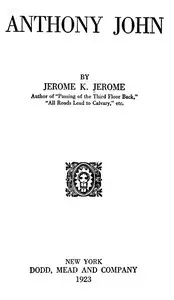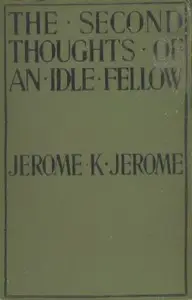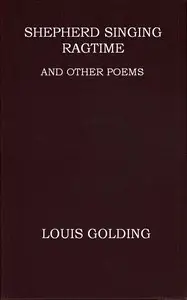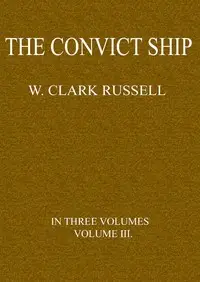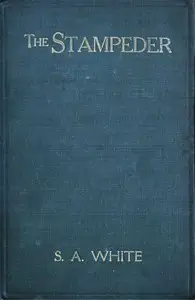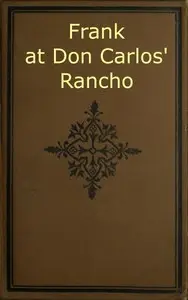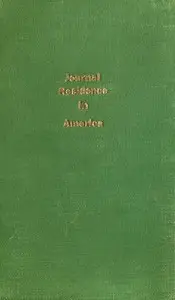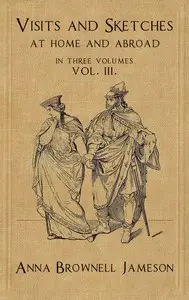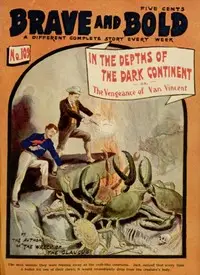"Malvina of Brittany" by Jerome K. Jerome is a novel written during the early 20th century that merges elements of fantasy and romance. The story revolves around Malvina, a mischievous fairy from medieval folklore, who is exiled for her reckless magic. The narrative transitions into the early 20th century, where she encounters Flight Commander Raffleton, leading to a mix of enchantment and human relationships. The opening of the novel introduces the character of a Doctor who reflects on a peculiar story involving the fairy Malvina, as well as her escapades and the consequences of her magic. Malvina's antics during her time with the White Ladies of Brittany set the stage for her journey into the modern world where she meets Raffleton. Following a fateful kiss, he inadvertently awakens her from centuries of slumber, and the two embark on an exploration of Malvina’s identity and the implications of her fairy magic in contemporary society. The beginning sets a playful yet thought-provoking atmosphere as it intertwines history, folklore, and the challenges of navigating human emotions. (This is an automatically generated summary.)

Malvina of Brittany
By Jerome K. (Jerome Klapka) Jerome
"Malvina of Brittany" by Jerome K. Jerome is a novel written during the early 20th century that merges elements of fantasy and romance. The story revo...
Jerome Klapka Jerome was an English writer and humorist, best known for the comic travelogue Three Men in a Boat (1889). Other works include the essay collections Idle Thoughts of an Idle Fellow (1886) and Second Thoughts of an Idle Fellow; Three Men on the Bummel, a sequel to Three Men in a Boat; and several other novels. Jerome was born in Walsall, England, and, although he was able to attend grammar school, his family suffered from poverty at times, as did he as a young man trying to earn a living in various occupations. In his twenties, he was able to publish some work, and success followed. He married in 1888, and the honeymoon was spent on a boat on the River Thames; he published Three Men in a Boat soon afterwards. He continued to write fiction, non-fiction and plays over the next few decades, though never with the same level of success.

